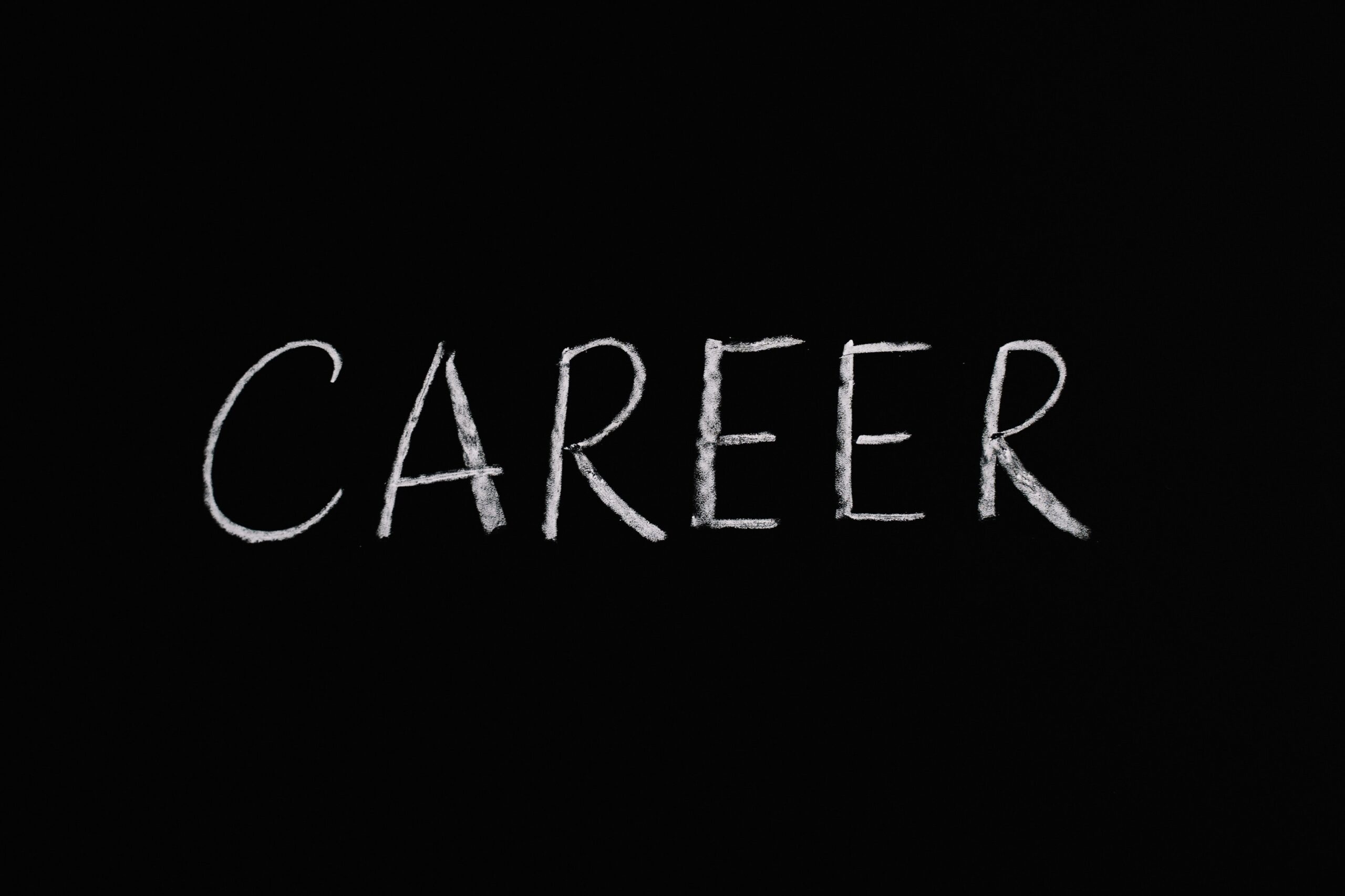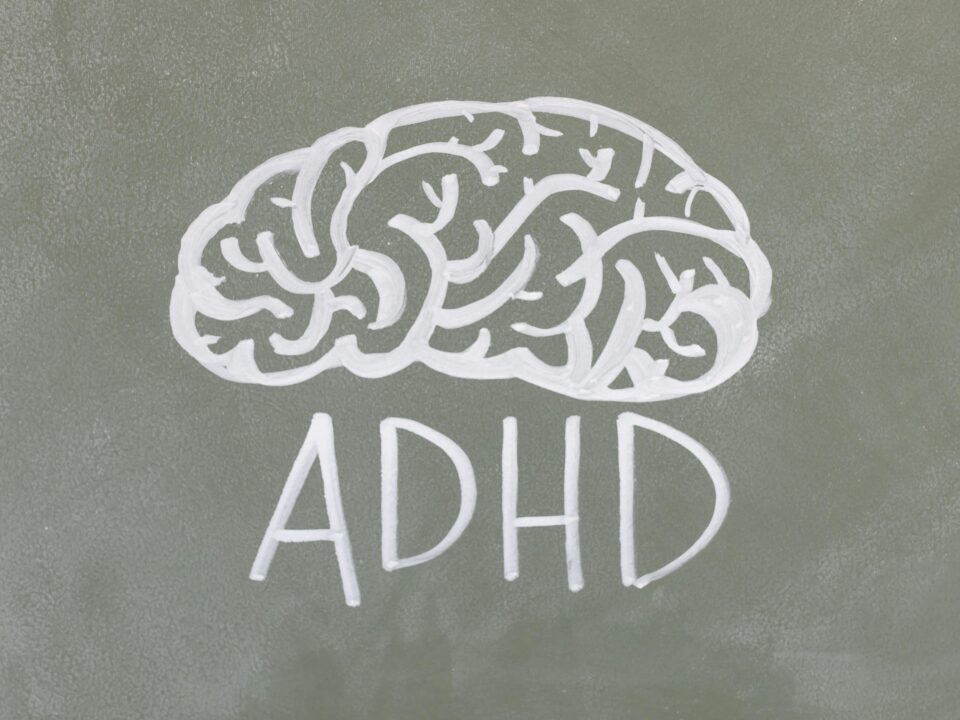Recruitment Tips and Advice for People with ADHD

Featured image by Marily Torres, Pexels.com
Blog post updated on 26th June 2023.
If you have ADHD and you want to find out how you can get a job, please follow the tips and advice in this post.
What is the best job for someone with ADHD?

Image by Anna Tarazevich, Pexels.com
Adults with ADHD may possess the following strengths that would make them ideal for certain jobs:
- Passion-fuelled
- High intensity
- Ultra-structured
- Lightning-paced
- Hands-on creative
- Independent risk-taker
Examples of ideal jobs for passion-fuelled individuals

Image by ANTONI SHKRABA, Pexels.com
- Social worker
- Fitness instructor
- Religious clergy
- Psychologist
- SENCO (special educational needs co-ordinator)
- Author
- Registered medical professional (e.g., doctor, nurse, or vet)
Examples of ideal jobs for high intensity individuals

Image by RDNE Stock project, Pexels.com
- Detective
- Police officer
- Critical care nurse
- Correctional officer
- Emergency dispatcher
- Sports coach
- Firefighter
Examples of ideal jobs for ultra-structured individuals

Image by Sora Shimazaki, Pexels.com
- Military worker
- Project manager
- Data analyst
- Lawyer
- Software tester
- Accountant
- Insurance claims adjuster
- Bank clerk
- Factory assembly line worker
Examples of ideal jobs for lightning-paced individuals

Image by Pavel Danilyuk, Pexels.com
- A&E (accident and emergency) doctor or nurse
- Trauma doctor or surgeon
- EMT (emergency medical technician)
- Firefighter
- Teacher at school
- College tutor
- University tutor or lecturer
- Dental assistant
- Shop assistant
Examples of ideal jobs for hands-on creative individuals

Image by Valeriia Miller, Pexels.com
- Musician
- Artist
- Dancer
- Entertainer
- Inventor
- Fashion designer
- Mechanic
- Graphic designer
- Interior designer or decorator
- Architect
Examples of ideal jobs for independent risk-takers

Image by Alex Andrews, Pexels.com
- Stockbroker
- Professional athlete
- Entrepreneur
- Commercial diver
- Construction foreperson
- Software designer
- Race car driver
- Aircraft pilot
For more information on good jobs for people with ADHD, please visit our webpage: https://exceptionalindividuals.com/neurodiversity/what-is-adhd/
How do I get a job with ADHD?

Image by MART PRODUCTION, Pexels.com
Even if ADHD can be challenging “when it comes to maintaining a steady job,” there are some benefits in terms of finding a meaningful job.
Getting a job can be highly beneficial for people with ADHD in the following ways:
- Increasing their financial freedom
- Giving them a sense of purpose
- Creating chances for them to meet new people
- Giving them opportunities to learn new skills
When looking for a job, here are some important points to consider:
- Seek professional support
- Consider medications where necessary
- Do something you are passionate about
- Embrace your strengths
- Consider how you can overcome your challenges
Here are some ways to start finding job opportunities:
- Searching on job boards, such as notice boards in public places, and career websites
- Looking on specific company websites
- Networking and asking people you know
- Approaching a company directly
Exceptional Individuals can also help you find job opportunities. Most of their employees and volunteers are neurodiverse (i.e., they could have dyslexia, dyspraxia, or autism besides ADHD), so they might be able to give you a paid role or a voluntary role where you work for them.
Can ADHD prevent you from getting a job?

Image by Karolina Grabowska, Pexels.com
Adults with ADHD may struggle to get a job due to their traits of inattention, impulsivity, and hyperactivity.
These factors could also prevent people with ADHD from getting a job:
- Distractibility
- Poor memory
- Boredom
- Time management difficulties
- Procrastination
- Difficulty with managing long-term projects
- Problems with managing paperwork
- Interpersonal issues
- Problems with social skills
Jobseekers with ADHD can also “have trouble knowing what kind of jobs to pursue.” They could struggle to focus on mundane tasks or “have a wide range of interests,” which can make it difficult for them “to narrow down their job search to one area.”
Ways in which people with ADHD can overcome their difficulties with finding a job include the following:
- Assessing their strengths, weaknesses, and interests
- Taking free online personality and aptitude tests that can point them in the right direction
- Researching jobs before applying for them to pinpoint aspects they know they’ll have difficulty with
“How do I keep a job if I have ADHD?”

Image by RDNE Stock project, Pexels.com
If you have ADHD, it can sometimes be difficult to maintain a job. Perhaps you struggle to stay focused on tasks, have trouble being punctual or find it difficult to follow instructions.
It can help to speak to your manager about your difficulties, so that they can put plans in place to help make things easier. Completing a Workplace Needs Assessment (WNA) is a great way to understand which areas of your job you need support with.
How do professionals get tested for ADHD?

image by Alex Green, Pexels.com
If adults who already have a job start to become easily distracted, are unable to pay attention and struggle to keep still, they could have ADHD.
Employees can tell employers that they suspect they have ADHD. The employer can refer an employee to their GP. The GP can then refer the employee to a relevant health professional such as a psychiatrist or a neurologist.
Before or during the appointment, employees may take psychological tests such as a checklist of symptoms or a behaviour-rating scale. The health professional can also ask the employee about the symptoms they have experienced at work; their use of drugs and alcohol; their driving record if relevant; and their relationships with their family and friends. While the employee might be embarrassed when discussing these things with the health professional, it is important to be honest so that they can get the help they are looking for.
Employees can discuss work-related issues with the health professional such as getting fired from a job or performance evaluations at work. It is a good idea for the employee to bring in performance evaluations from work and copies of any previous psychological tests.
Employees who suspect that they have ADHD may also take an online ADHD test and discuss their results with their GP, health professional and employer. This test is not intended to diagnose ADHD.
The health professional may diagnose the employee with the hyperactive/impulsive type of ADHD if they are often restless, fidgety, disruptive, or impatient. The professional may diagnose the employee with the inattentive type if they are often unfocused, careless, and easily distracted. The employee could even receive a combination of both ADHD types.
After the diagnosis, the employee can tell their GP. They can also tell their employer and the employer could give them appropriate support in the workplace.




